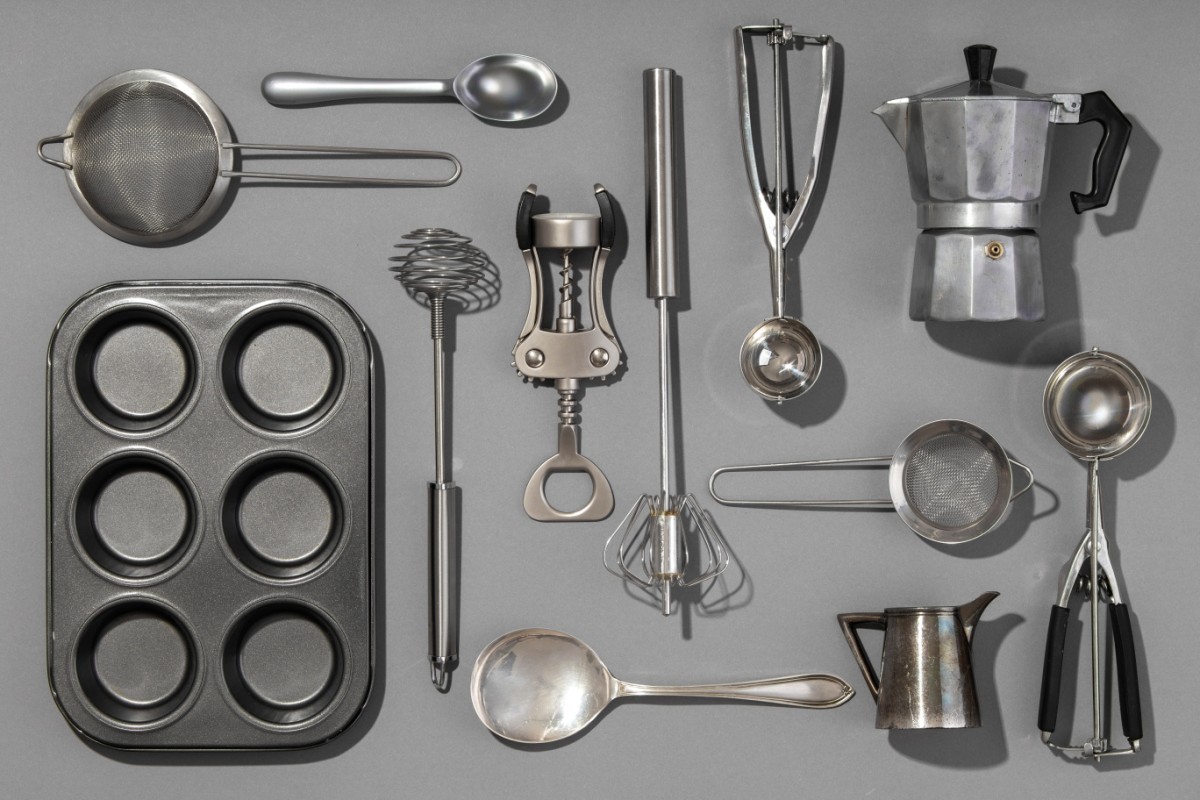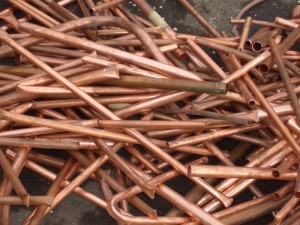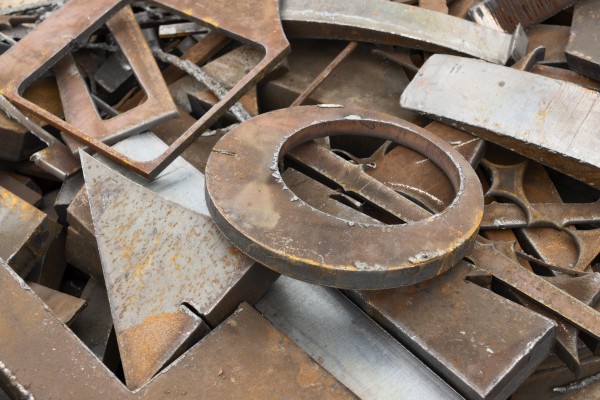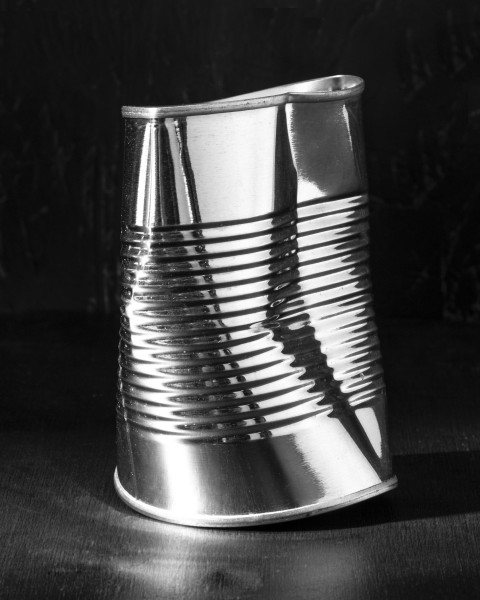later post | index | earlier post
What are metals used for?
Tuesday, 29 April 2025
It’s very easy to forget just how much metal is used in our day-to-day lives. From food packaging to cooking utensils, metal is all around us – as is the potential to recycle that scrap metal into something else. Here’s a guide to the most used metals and their uses.

Ferrous and Non-ferrous metals
Ferrous metals are magnetic because they contain iron. The higher the iron content, the more magnetic the metal is. Examples of ferrous metals include cast iron, steel and wrought iron. The strength of ferrous metals mean they are very popular in the car industry, and tools and household appliances are generally made of ferrous metals. Non-ferrous metals are not magnetic, and include such metals as aluminium, silver, titanium, and copper. Non-ferrous metals are more malleable.
Common metals and their uses
Aluminium
Aluminium has great recycling potential. It’s flexible, strong and light-weight. Some of the main uses for aluminium include:
- Building and construction – window frames, building structures and roofs
- Transportation – aeroplanes, trains, boats and cars, as well as smaller vehicles such as bicycles and motorbikes
- Packaging – significantly in cans and aluminium foil
- Electricity – aluminium is the main material in high-voltage power lines.

Copper
Copper is a very valuable electrical conductor. Indeed, it’s the most frequently sold valuable material in the scrap metal industry. Common uses for copper include:
- Electrical applications – frequently used for wires, circuits, switches and electromagnets
- Piping and plumbing – refrigeration, air conditioning and water supply systems
- Roofing and insulation
- Household items – cookware, doorknobs and cutlery
Zinc
Coinage is possibly the most common day-to-day usage for zinc, but it also has other uses:
- Galvanisation, where it’s commonly used as a coating to help protect iron and steel from corroding (galvanisation is simply the name for the process)
- Batteries, where zinc is used in anodes
- Brass – an alloy of zinc and copper
Lead
Most recycled lead comes from batteries, but there are still a number of different uses for this metal.
- Car batteries - used extensively in the electrode plates
- X-ray protection – lead is used to line the rooms of X-ray machines in hospitals, to offer protection to patients and staff
Brass
Malleable, conductive and resistant to corrosion and fatigue, brass is a popular metal for recycling. Brass can be recycled multiple times without diminishing the composition.
- Domestic infrastructure - taps, locks, piping, letter boxes
- Electrical appliances

Steel
As one of the strongest metals, steel – an alloy of iron – is used widely in transportation, manufacturing and infrastructure.
- Steel beams, columns and girders
- Sheet metal – roofing, cladding and flooring
- Kitchen equipment – pots and pans, cutlery, cooking utensils
- Tools
- Bridges and railways

Tin
Tin is an expensive non-ferrous metal to source new, so it means that recycling it is very important! The uses of tin are quite varied, including:
- Cans – a thin layer of tin covering a steel sheet
- Cars – tin is used to add resistance to the motor block, piston rings and clutch plates
- Springs - made tougher through the addition of tin
- Glass - tin oxide coatings added to the glass surfaces to boost resistance
Iron
Iron is used to make steel, which in addition to the steel applications above, is also found in:
- Automotive components – car bodywork and engines
- Industrial machinery, appliances and tools
Want to get rid of some scrap metal for money? Contact ASM today
If you’re planning on recycling your scrap metal, ASM Metal Recycling offers highly competitive rates for both ferrous and non-ferrous metals. This means that by recycling your scrap metal with us, the environment will benefit, and you could make some money too.
later post | index | earlier post
Recent posts
- What is commercial waste?
- What are different metals used for?
- What to do with radioactive scrap metal
- How does metal recycling benefit the economy and the environment?
- 5 common metals that can be recycled
- How does metal recycling work?
- How to Sort Metal for Scrap
- How to classify the different types of waste your business produces
- What is WEEE waste?
- Can iron be recycled in the UK?
- What has the most copper in it to scrap?
- How to better understand scrap metal pricing
- Is there a link between copper and brass prices?
- How to make money from cable scrap
- How many different types of copper are there?